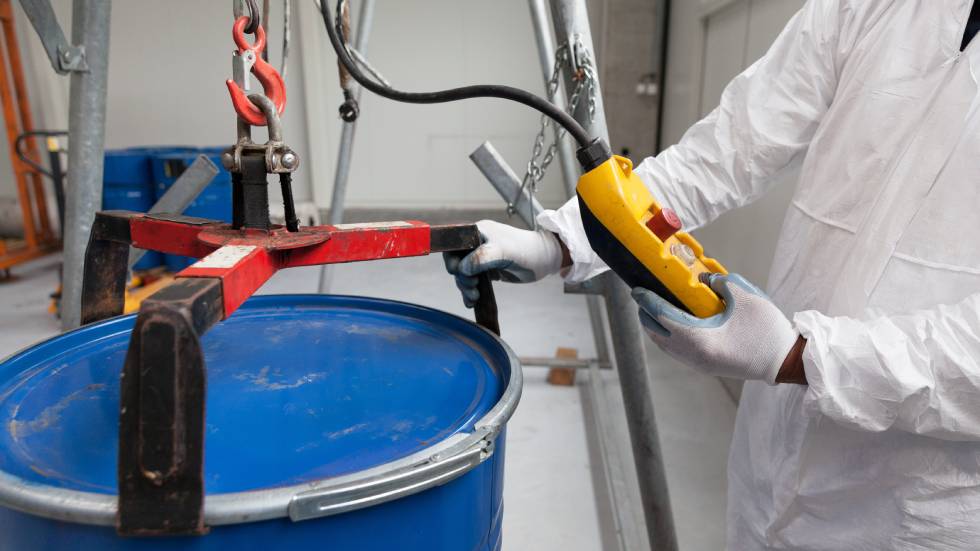In today’s environmentally conscious world, managing hazardous waste correctly is more important than ever for businesses. Mishandling can lead to serious environmental, health, and legal consequences. Here, we’ll explore hazardous waste management mistakes and ways to avoid them.
Failing To Classify Waste Correctly
One of the most critical steps in hazardous waste management is accurately identifying and classifying your waste. Misclassification can lead to improper handling and disposal, potentially harming the environment and human health. Discuss the different types of hazardous waste and the regulations for each category. Consulting a waste management expert can also ensure you classify waste accurately.
Neglecting To Train Staff on Waste Management
You staff must understand how to handle hazardous waste safely. Without proper training, employees may inadvertently mishandle waste, increasing the risk of accidents. For instance, someone may spill flammable chemicals, leading to fires or explosions.
Educating your team on waste management procedures, including identification, storage, handling, and disposal methods, is essential. Knowledge protects your employees, workplace, and environment.
Forgetting To Maintain Accurate Waste Records
Maintaining detailed records of your hazardous waste generation, storage, transportation, and disposal is a regulatory requirement and essential for tracking your waste management efforts.
Implement a systematic record-keeping procedure, and regularly audit your records to ensure their accuracy. Use software tools for waste management tracking to streamline this process.
Not Having an Emergency Plan for Spills or Accidents
Accidents happen, and failure to have an emergency plan is a hazardous waste management mistake you should avoid. After all, no one wants a simple spill to escalate into a major environmental and health hazard.
Develop a comprehensive emergency response plan for dealing with hazardous waste spills or accidents. Regularly review and practice the plan with your team to ensure everyone knows their roles in an emergency.
Not Using Certified Waste Management Facilities
Disposing of hazardous waste at an uncertified facility can lead to illegal dumping and severe environmental damage. Always use certified facilities with the necessary certifications and permits to handle your specific types of hazardous waste. Simply put, do your due diligence to ensure you work with the right facility.
Ignoring Waste Reduction or Recycling Strategies
Reducing hazardous waste generation benefits the environment and can lead to significant cost savings. Solvent recycling machines are excellent tools that can help businesses reuse solvents. As a result, they lower waste and operating costs. It’s important to assess your waste generation processes and identify opportunities for improvement.

